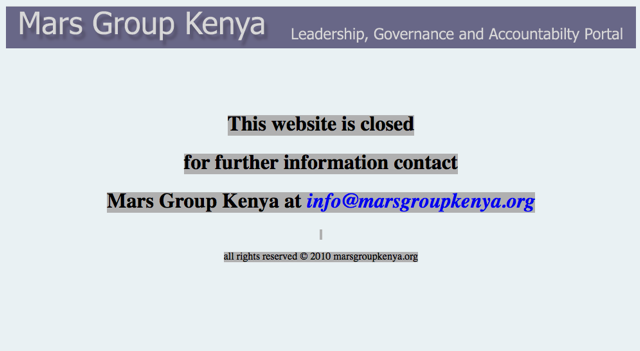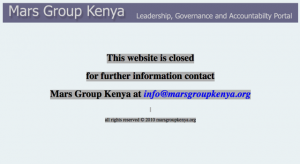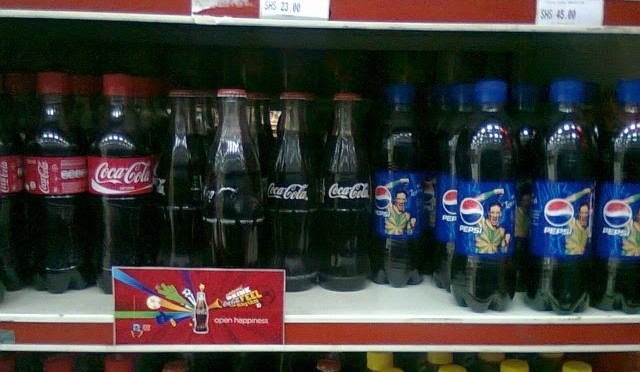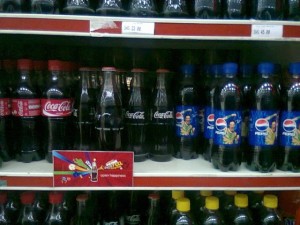The Finance Act 2010 is now available at kenyalaw.org.
It covers a lot of grey areas generated by the Central Banks of Kenya’s (CBK) handling of the Grand Regency sale and the Charterhouse Bank closure and gives powers and direction that provide some legal safe cover (but not retroactively).
It requires funds recovered by the Kenya Anti-Corruption Commission to go to the Government’s Consolidated Fund (78) and gives CBK powers to (peek and) take action at a bank based on (a bank’s own) auditor report (66) and specifies harsher actions that may be taken against banks who violate share capital limits (67).
Other provisions:
- Banks can lend up to 40% of their balance sheets to real estate (up from 25%).
- Beer prices up 20%.
- Copyright inspectors can summon police officers to arrest piracy offenders (77).
- Abandoned vehicle number plates should be submitted to Government for cancelation (40).




